Dr. Lisa Anderson was kind enough to grant me an interview with her about her experience setting up lab glove recycling programs. Our hope is that this information will present a “how to guide” for launching lab glove recycling programs at university laboratories. These programs reduce tons of lab waste. Glove recycling is also a great jump start program to other green lab efforts.
Lisa is a post doc in the chemical engineering lab of Dr. Kristala Jones Prather, at the Massachusetts Institute of Technology. Lisa's research interests involve harnessing the power of biology to create renewable products for a sustainable future. She is also a winner of the New England Biolab's 2016 Passion in Science Award for Environmental Stewardship.
Successful Glove Recycling at UC Davis
Lisa's first experience in green lab programs began as she was earning her PhD at UC Davis. UC Davis is known for its environmental stewardship. In fact it was recently announced the most sustainable university in the world! Back in 2012, she heard that the Veterinary Medicine Dept was launching a glove recycling program. The UC Davis sustainability manger Allen Doyle, facilities and the procurement departments were all collaborating on implementing this program with Rightcycle. The Rightcycle program is run by manufacturer Kimberly Clark, to allow their customers to collect hard-to-recycle items, like their nitrile gloves, and have them turned into eco-responsible plastic products
Lisa's graduate adviser, Prof. Annaliese Franz, was fully supportive of sustainability efforts. Since the Franz Lab was already using Kimberly Clark gloves, they were set up to use the Rightcycle program. Lisa got her chemistry lab to start collecting uncontaminated nitrile gloves. Gloves with any kind of contact to residual toxic chemicals were not recyclable. Each individual lab brought their collected gloves in five gallon buckets to the department's cubic yard box at the loading dock. Once the department's Kimberly Clark box was full, the facility organized for it to be transferred to Veterinary Medicine shipping department. Things really picked up when the lab coordinator enthusiastically engaged the chem teaching labs. Lisa worked with the manager of sustainability at UC Davis so that eventually many labs in the Department of Chemistry got on board. By the time Lisa had graduated in 2015, UC Davis had recycled over two tons of gloves!
Sustainability at MIT
Upon graduation and joining the Prather Lab at MIT, Lisa connected with MIT Environmental, Health and Safety Officers; Brian Smith, Pamela Greenley and Niamh Kelly and Recycling Manager Ruth Davis. These folks were all part of the MIT Green Lab program launch. MIT's Sustainability Office had set reducing waste as part of its Green Labs goals.
Choosing a glove recycling service for MIT
Image: Five hundred pounds of lab gloves collected for recycling by the Chemical Engineering Dept at MIT!
Lisa and a team in Chemical Engineering contacted both Kimberly Clark Rightcycle and Terracycle – a recycling company that invents and runs hard-to-recycle waste programs. Each gave presentations about their glove recycling services. It was critical to have MIT's procurement team and a related glove distributor rep involved to negotiate the procurement and recycling contract. Given that all the labs using different types of gloves at MIT, it made the most sense to use Terracycle. MIT would pay to ship the gloves to Terracycle, but these costs would be offset by the gloves being diverted from regular waste services. Keep in mind, over time we are talking about lab glove waste in the unit of tons!
After the group chose Terracycle as their glove recycling service, Lisa and the team met with the head of the Chemical Engineering Department Dr. Paula Hammond, as well as her own advisor, Prof. Prather, about starting the program. They both were very supportive of this sustainability effort, while ensuring that lab safety was prioritized.
Inspiring "Green Champion" Scientists and Engineers
At MIT, as at any university, each lab and each lab department is run fairly independently. The chain of command is different from biotechnology or other industrial labs. The point is that at universities, there are a lot of people to convince and motivate. On the upside, scientists and engineers are highly intelligent and hardworking people, who can appreciate the long term benefits of sustainability efforts. These actions protect our environment. A green lab is also an efficient lab.
Lisa recruited point of contact friends to the cause. With the support of the dept head, they approached the group meeting for feedback on the value and feasibility of glove recycling. These “green champions” presented evidence about glove recycling at group meeting to get feedback from the MIT community lab members. They provided statistics and success stories to demonstrate the benefits of glove recycling. People volunteered to be EHS point of contacts for individual participating labs. They did encounter skeptics along the way. This helped improve the process. Along with other MIT researchers, they are investigating the life cycle analysis of glove recycling versus waste-to-energy incineration.
Now that you were ready, how did you start recycling?
Terracycle provided the address to ship the gloves. Working backwards we figured out how we were going to collect them, and from where we were going to ship them. EHS provided the details on how the shipping dept. could provide us a cubic yard box. A cubic yard box is a standard shipping unit for a pallet. You need to have friends and allies in facilities, and shipping & receiving. These are definitely very important people. Brian Smith found a location to store the box in our department building. Finding available space can be tricky at universities. Individual labs have glove collection receptacles. Since this is a pilot program, Brian is collecting the bags from all of the labs himself.
How do you support lab participation? What are the recycling results so far?
The signage has turned out to be critical. I met with EHS to go over contamination rules for biological, chemical, radioactive waste. It's a good idea to designate separate lab spaces for optimal participation. With multiple recycling streams, it's also a challenge to train the custodial staff what not to trash. Since this past July the pilot program has collected ~500lbs of gloves. Half of that number has come from the Brushett Research Group in Chemical Engineering, whose efforts are led by Thomas Carney.
How has your experience starting the MIT glove recycling pilot program been overall?
Image: MIT's Prather Lab doesn't stop at gloves when it comes to recycling! Here below the all important signage, are collections of Styrofoam, plastic film and ice packs.
It has definitely been worth it! I enjoy it. Getting to meet other people, work on teams, and start something from the ground up is really worthwhile. MIT is becoming more and more concerned and involved with environmental issues and climate change. I sit on some other related committees as well, like the climate change advisory committee. I think that MIT is realizing how much impact their environmental efforts carry with people.
So would you say that through this process you have made professional contacts with other scientists, that you may not have otherwise?
Yes, definitely. Becoming involved in green labs can benefit scientists considering a career related to sustainability. You can learn if you are good at it...if you enjoy it. It's becoming more and more important for companies, institutes and universities to think about sustainability. There will be more jobs in sustainability science and management.
Read more and view a video:
Where the Rubber Glove Meets the Road (to a more sustainable lab)

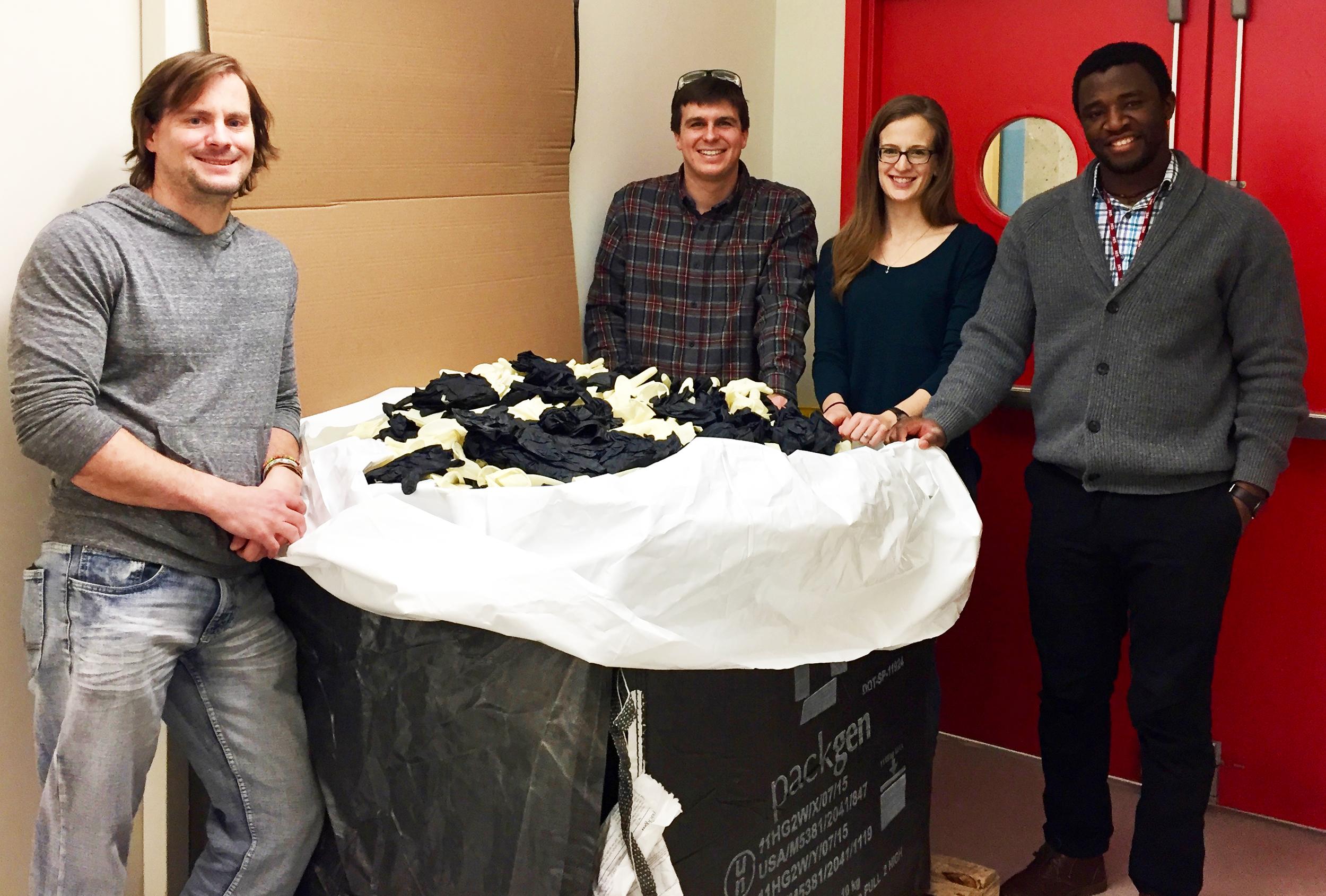



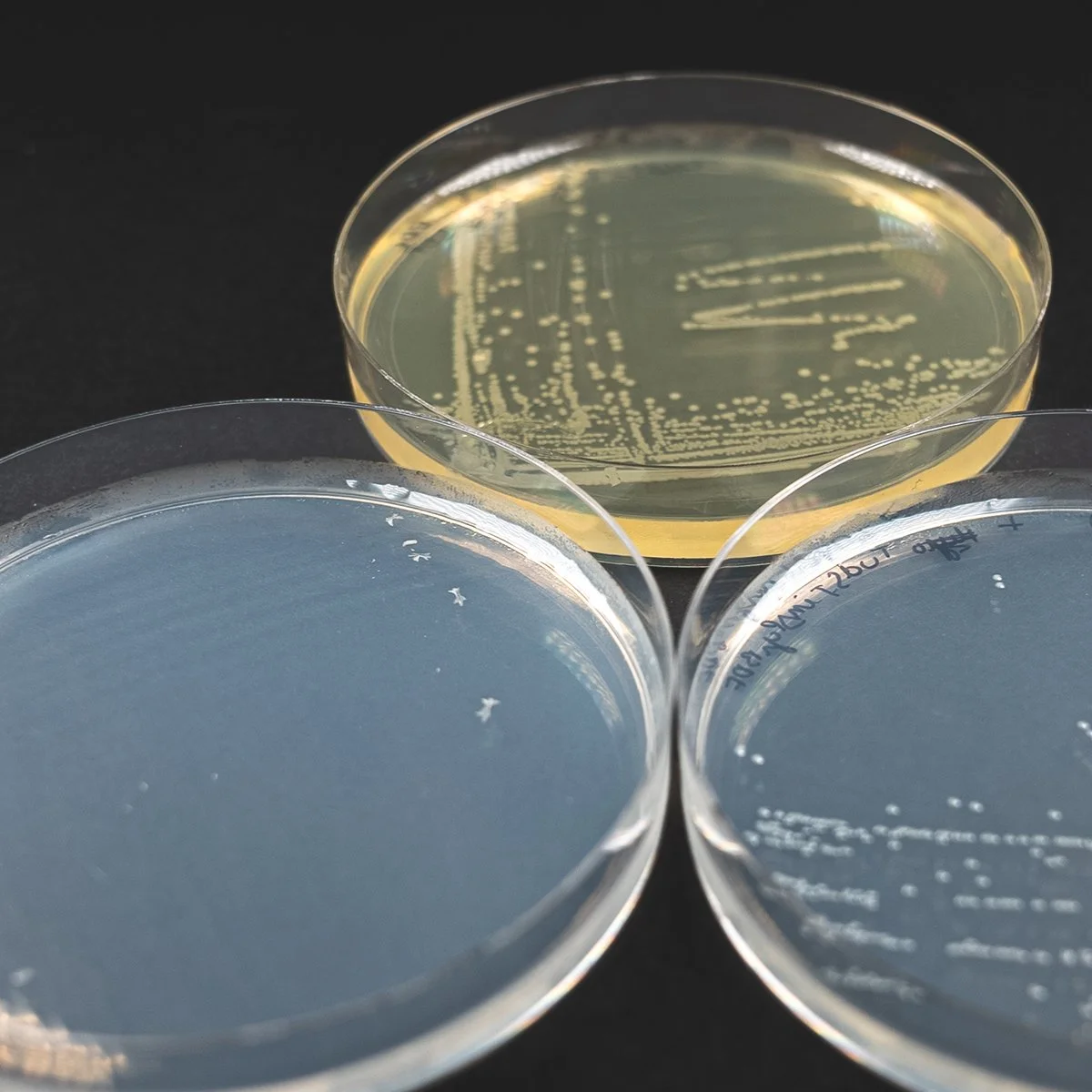



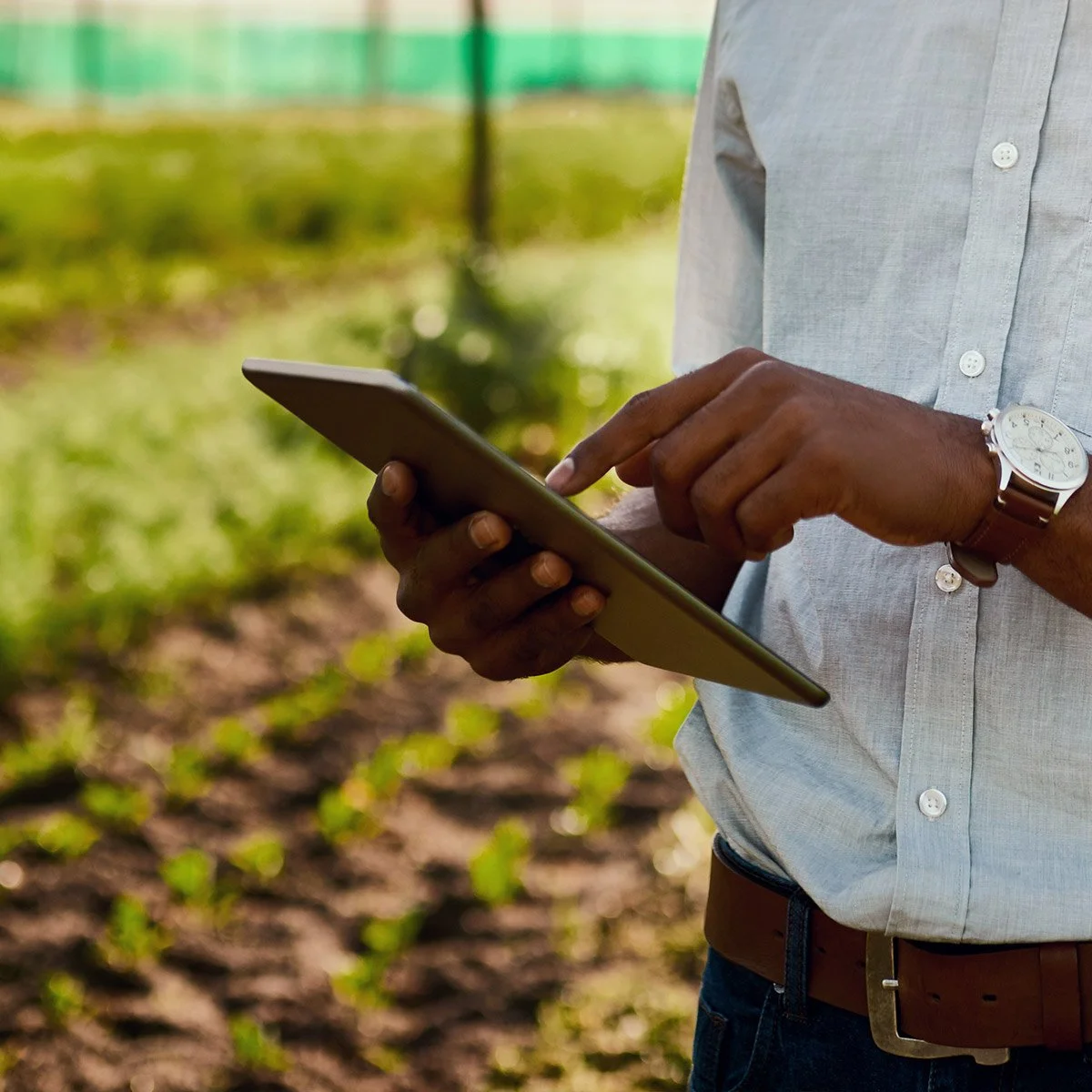
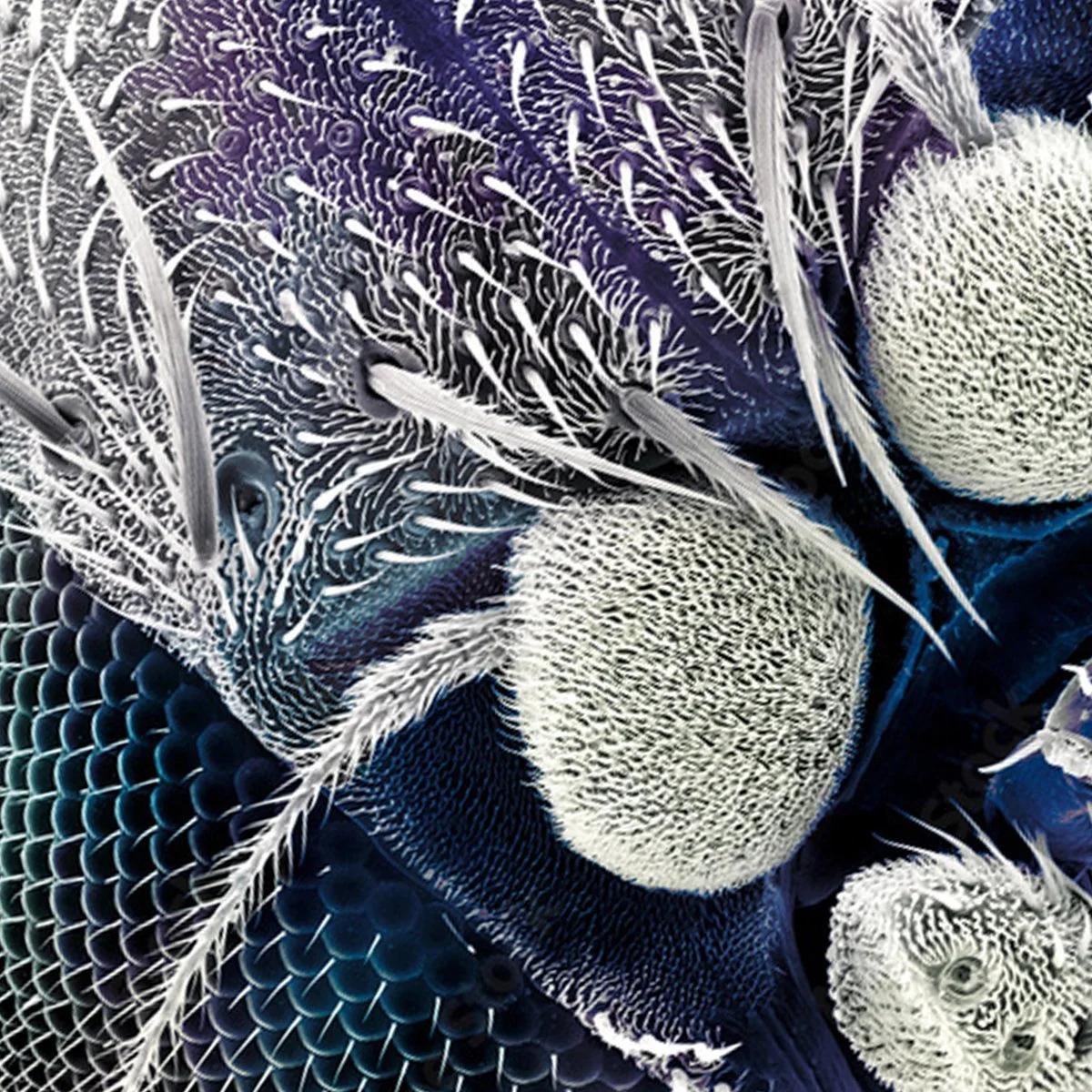
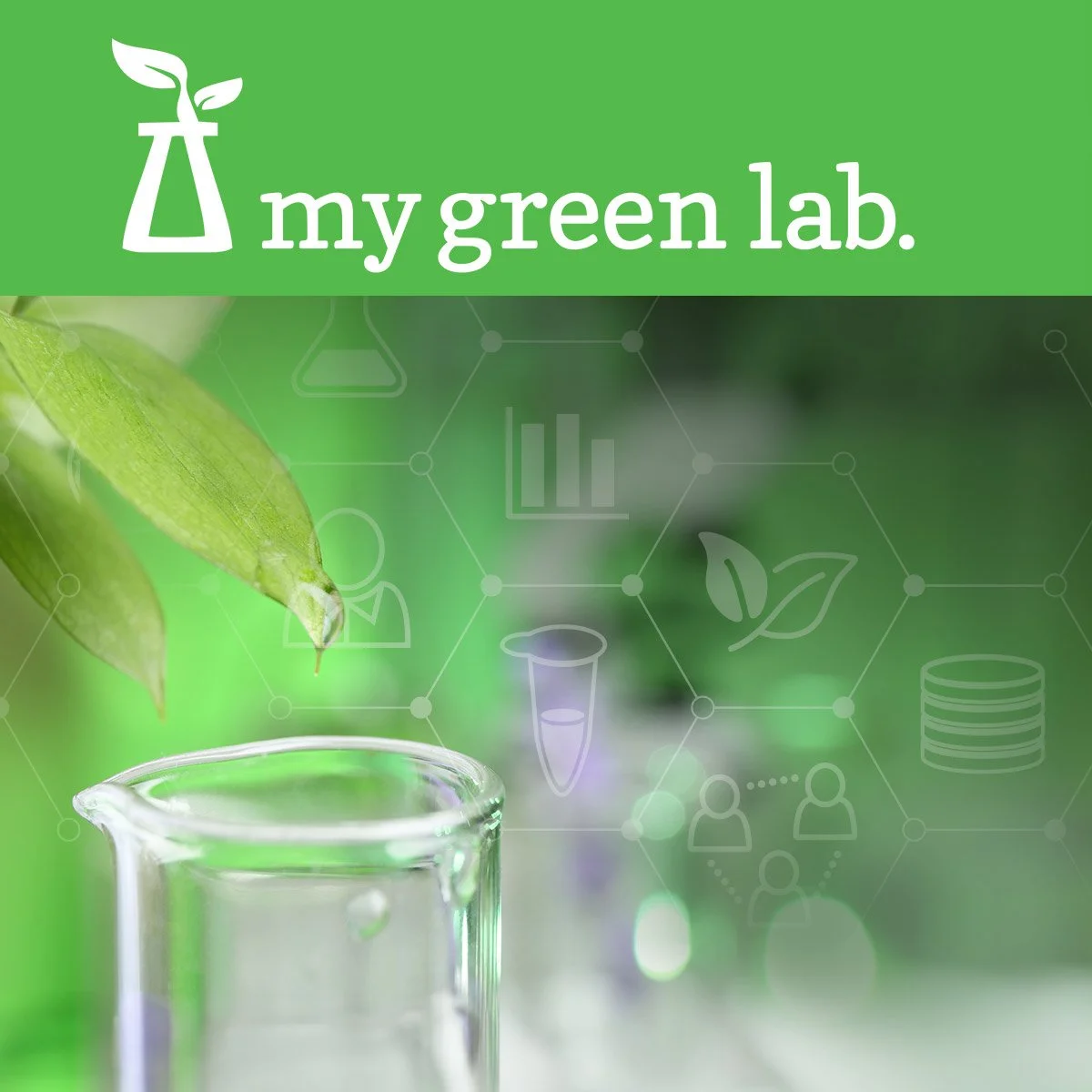
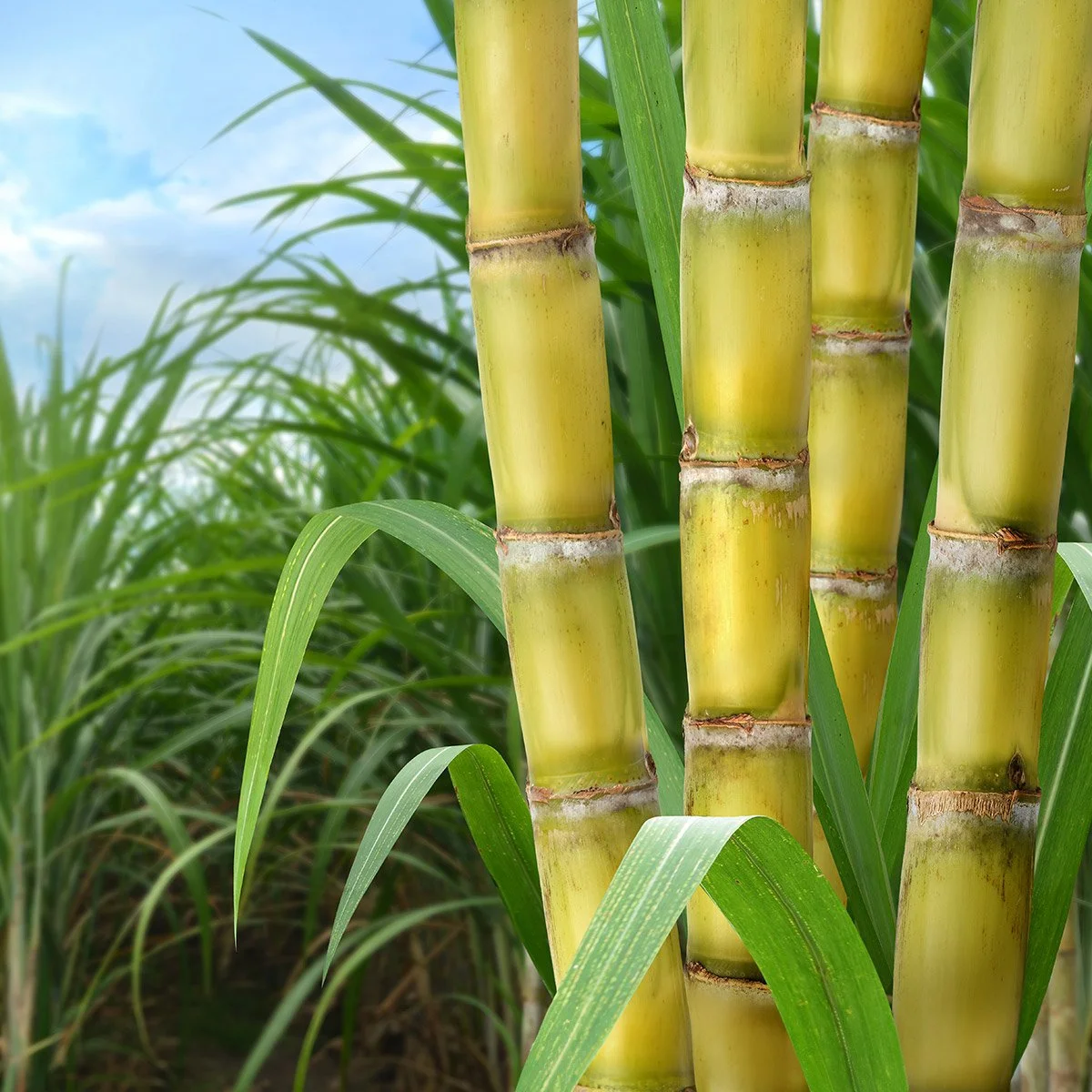
Lab sustainability certification programs are learning tools to help scientists identify changes that will reduce environmental impacts and conserve resources. A key feature of these programs is that they can help research institutions reach sustainability goals without undermining the autonomy of academic lab teams. The catch is that only a minority of labs volunteer to participate. This month, I’m summarizing two recent studies that examined scientists’ perceptions of the benefits and pitfalls of using common programs and offered suggestions on how to improve them.